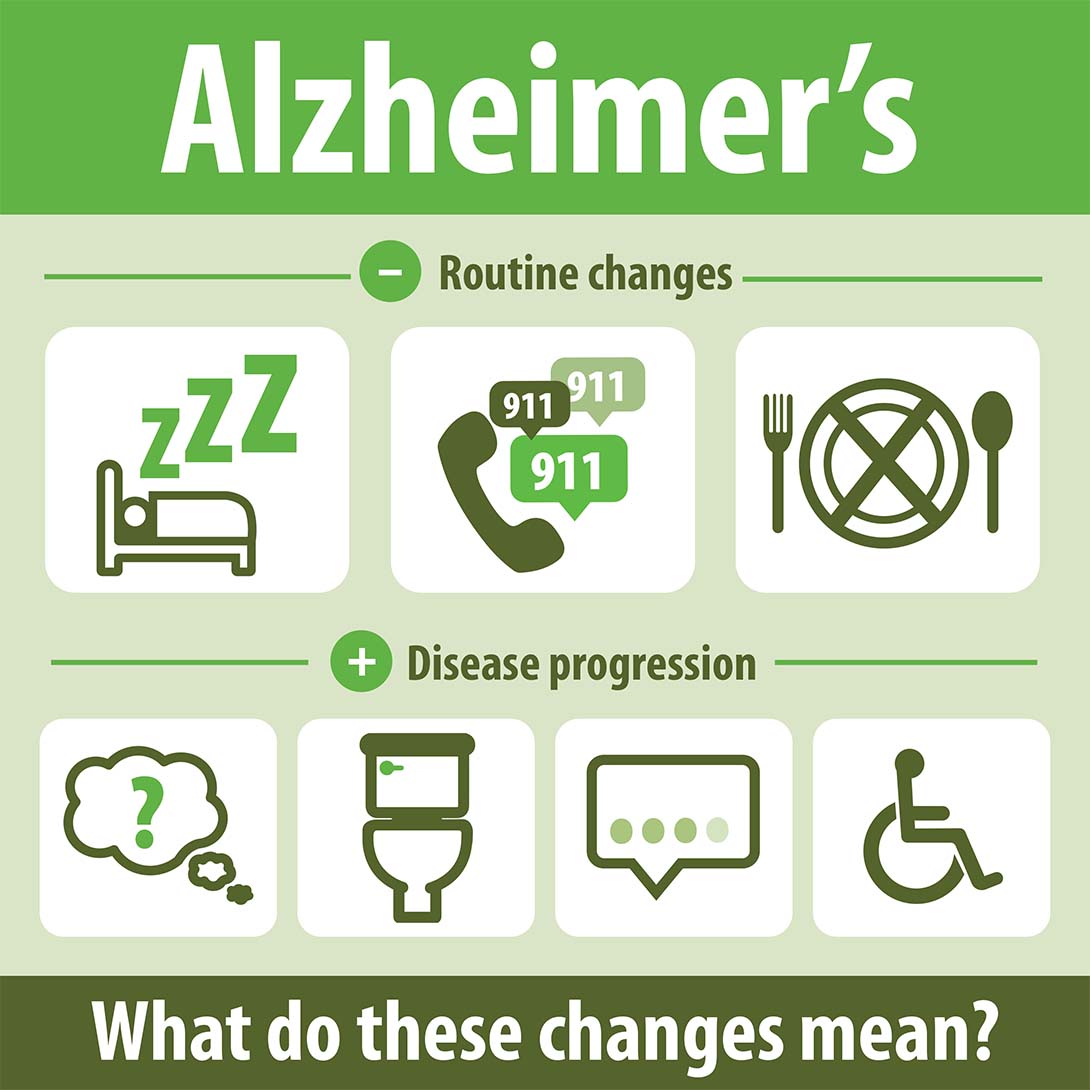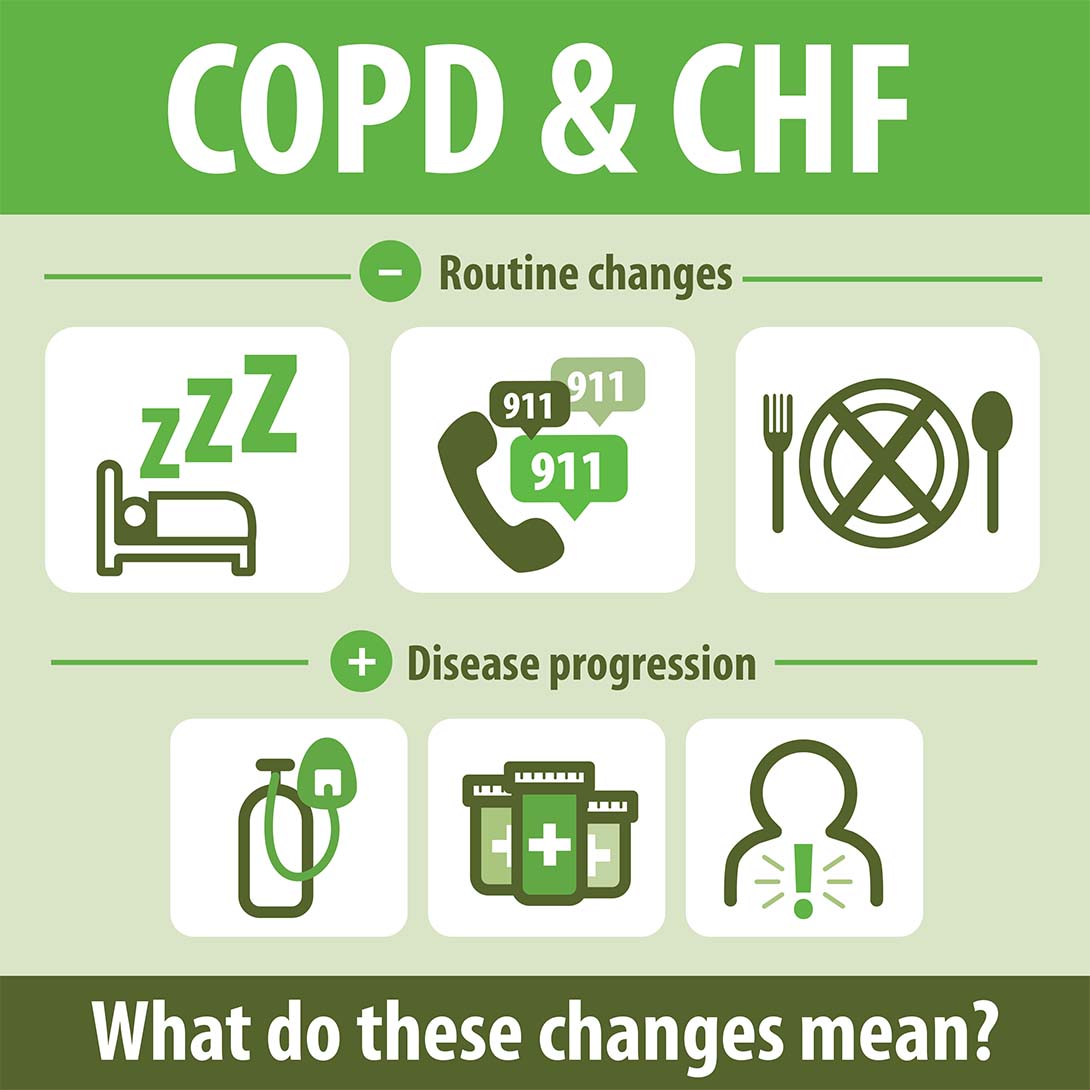End-Stage Dementia: How Do You Know?

When most people hear the word “dementia,” they immediately picture a person with a fading memory; a person who may wander off or forget the names of loved ones. What many people fail to recognize is that dementia is a fatal condition – even without the added complication of a secondary illness or infection.
What is Dementia?
Dementia is a term used to describe a wide of range of symptoms affecting memory and reasoning. Alzheimer’s disease is the most common cause of dementia among older adults. Treatment for dementia depends on its cause, but for most progressive dementias, including Alzheimer’s disease, there is no cure.
What are the stages of Alzheimer’s Disease?
Although each individual may move through the stages of Alzheimer’s disease at different rates, the disease progression can typically be broken down into three general stages – mild (early-stage), moderate (middle-stage) and severe (end-stage) dementia. On average, patients live four to eight years after diagnosis, but some have been known to live with the disease for over a decade.
In the early stage of Alzheimer’s disease, individuals will experience memory lapses such as misplacing objects or having trouble coming up with the right word or name. They are still able to function independently, but will have increasing trouble with planning and organization.
As the individual reaches the moderate/middle stage, they will begin to require more care. It is during this time that the individual begins to experience more severe memory loss and confusion. They may be unable to remember names or be confused about where they are. Some individuals in this stage may need help remembering to dress appropriately for the weather. There will be changes in sleep patterns and personality. This stage typically lasts the longest – often for several years.
In end-stage dementia, individuals will require 24-hour assistance with daily living. They lose awareness of recent experiences and their surroundings and have increased difficulty communicating. Individuals with late-stage Alzheimer’s become vulnerable to infections, especially pneumonia.
When is it Time for Hospice?
To qualify for hospice care, a patient must have a life expectancy of six months or less if the disease continues in its typical progression. When a patient with dementia’s physical condition begins to decline, it is time to consider hospice care. Some key indicators are:
- a diagnosis of another life-limiting condition such as cancer or congenital heart disease
- an increase in hospitalization or trips to the ER
- a diagnosis or pneumonia or sepsis
- weight loss or dehydration due to challenges in eating/drinking
- speech limited to six words or less per day
- unable to walk without assistance
- unable to sit up without assistance (will slump over if not supported)
- no longer able to smile
What Can Hospice Do?
Hospice is an important support system for families struggling with the level of care a loved one with end-stage dementia requires – whether that is in a home or a memory care environment.
At this point, the individual is dependent for all personal care, and often confined to bed. In the later stages of dementia, the individual may be unable to effectively communicate when they are experiencing pain. Hospice staff are trained to recognize and alleviate the symptoms of discomfort and pain. Medication and medical supplies such as incontinence products, hospital beds and wheelchairs are included in the hospice benefit at no charge to the patient or family.
In addition to providing care and companionship to the patient, the hospice team is available to provide the patient’s family with emotional support, end-of-life planning, assistance in making funeral arrangements and bereavement support.
You may request a hospice evaluation from Crossroads Hospice & Palliative Care at 1-888-564-3405 at any time to determine if your loved one is approaching end-stage dementia. Even if they do not yet qualify for hospice care, palliative care may be appropriate to help with symptom management.
If you found this information helpful, please share it with your network and community.
Copyright © 2016 Crossroads Hospice & Palliative Care. All rights reserved.




